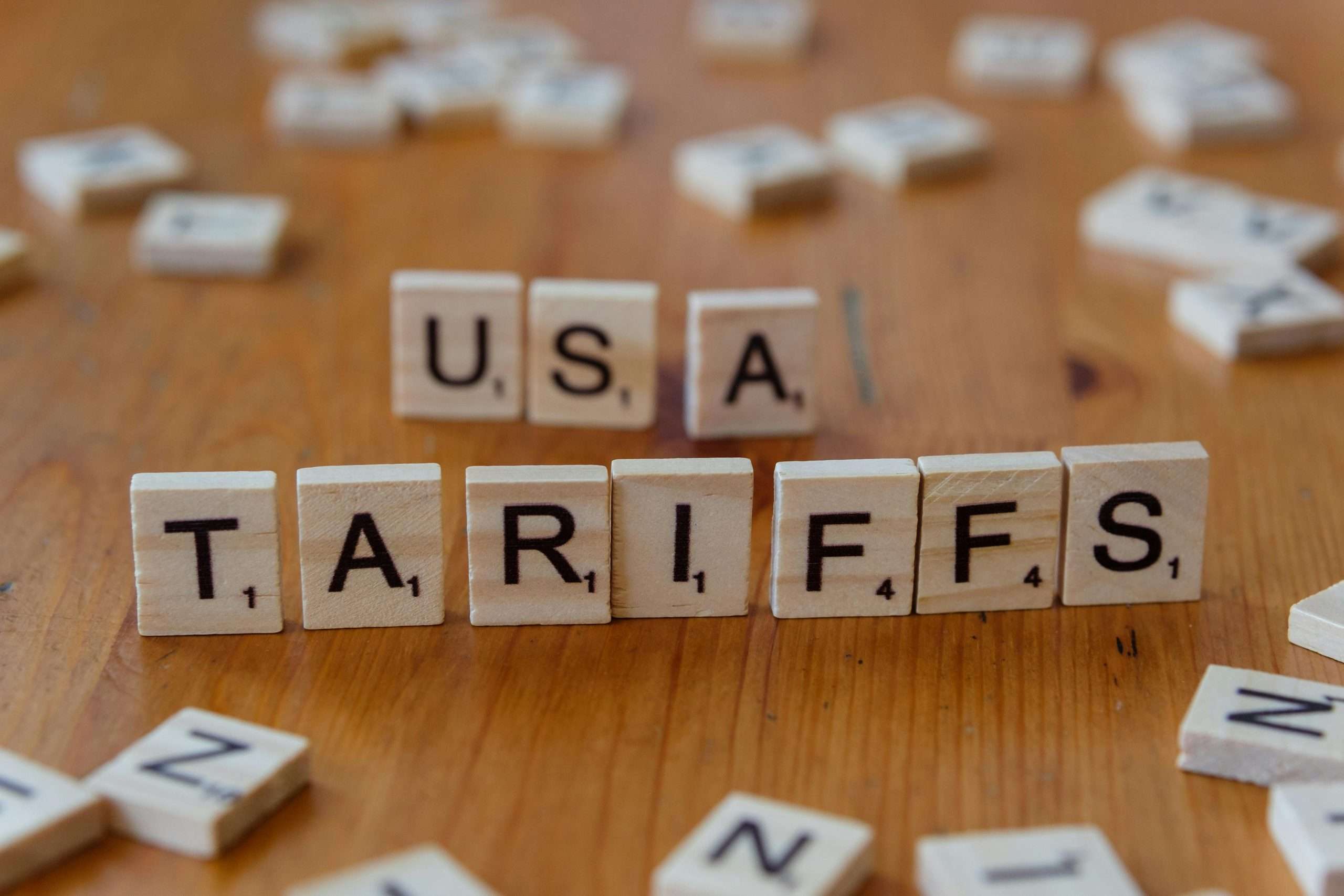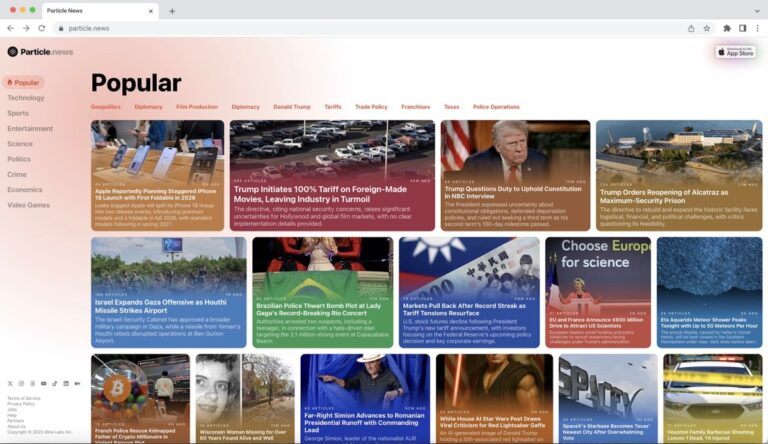Uncovering Tariff Evasion: How AI Reveals Hidden Trade Violations
In the current landscape of international trade, tariffs are increasingly becoming a focal point for financial crime as geopolitical tensions rise. This shift has transformed tariffs from mere economic tools into a battleground for illicit activities, as highlighted by recent reports from Quantifind. The ongoing volatility in trade policies creates an environment where bad actors can thrive, leading to a significant rise in tariff evasion tactics.
The Rising Threat of Tariff Evasion
Tariff evasion is quickly emerging as a critical concern, mirroring warning signs observed in traditional financial crimes such as money laundering and sanctions evasion. Key tactics employed by offenders include:
- Shell companies to hide true ownership
- Falsified documents that misrepresent goods
- Obscured beneficial ownership to evade regulatory scrutiny
Notable Case: Perfectus Aluminum
A landmark case in 2022 involving Perfectus Aluminum serves as a stark example of this evolving threat. The company and its associates faced a staggering $1.83 billion in penalties for evading duties on Chinese aluminum pallets. They utilized several deceptive tactics, including:
- Misclassification of goods
- Falsified paperwork
- Shell companies to obscure liability
Challenges with Legacy Compliance Systems
As tariff evasion tactics become more sophisticated, legacy compliance systems struggle to keep pace. Common issues include:
- Excessive false positives that overwhelm compliance teams
- Inability to detect new behavioral cues in trade transactions
- Reliance on inflexible rule-based checks that miss nuanced fraud attempts
The Role of AI in Combating Financial Crime
With the increasing complexity of global trade, AI-driven tools are essential for modern compliance. Companies like Quantifind are at the forefront, providing technologies that include:
- Transformer-based models for enhanced name recognition
- Network analysis for tracing ownership
- Natural Language Processing (NLP) engines to identify misclassifications
New Approaches to Tariff Compliance
Financial institutions, logistics firms, and regulators must adopt a rigorous approach to tariff enforcement, akin to that of Anti-Money Laundering (AML) and sanctions screening. This shift requires:
- Agile, AI-powered systems capable of adapting to changing tactics
- Scalable solutions that operate across jurisdictions
- Real-time fraud detection capabilities
The Cost of Inaction
Ignoring the rising threat of tariff evasion will not mitigate the problem. In fact, with the advent of generative AI and mounting global regulatory pressures, the cost of inaction is escalating. To effectively combat the evolving risk of financial crime, it is crucial for the tools and mindsets employed in enforcement to evolve as well.
To learn more about the implications of tariff evasion and the technologies addressing this issue, read the full article on RegTech Analyst.







